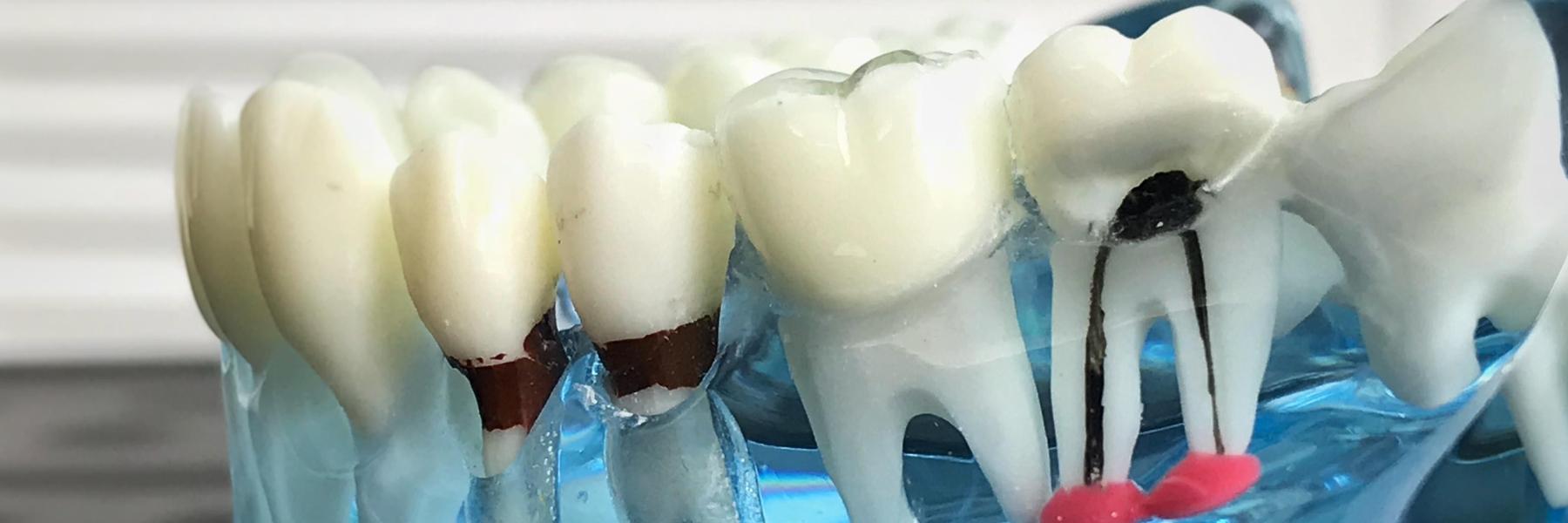
Gum disease is the general term for any type of periodontal disease from gingivitis to periodontitis. Gingivitis is the earliest form of gum disease and is extremely common in both children and adults. With treatment, gingivitis can go away; the disease can advance into more severe forms of periodontitis when left untreated.
Since gingivitis is reversible and periodontitis is generally irreversible, it’s essential to understand the warning signs and causes of gum disease so you can fix things before it’s too late.
What Are Some of the Symptoms of Gum Disease?
In the earliest stage, gum disease can cause
· Red, puffy, or swollen gums
· Bad breath
· Sensitive teeth
· Tender or bleeding gums (especially when brushing or flossing)
As the disease progresses, side effects can include the above symptoms and
· Painful chewing
· Loose teeth
· Receding gums or space between gums and teeth
· Pus between your teeth and gums
· Tooth loss (in very severe cases)
What Causes Gum Disease?
Poor Oral Hygiene
Poor oral hygiene is the main culprit of gum disease. Your mouth is full of bacteria (good and bad), and when this bacteria builds up, it forms a film called plaque. Routine brushing and flossing help eliminate plaque and keep your teeth clean.
However, neglecting to care for your teeth causes plaque to build up around your gums and form a harder substance called tartar. Seeing your dentist once or twice a year for a cleaning is essential for removing tartar. But if tartar or plaque remains on your teeth for too long, it can cause gum disease.
If you’re staring at the neglected floss in the corner of your bathroom cabinet, we understand. Most adults develop gingivitis at some point in their lives. But it’s essential to start taking care of your teeth now to prevent things from getting worse. Most cases of gum disease can be avoided by simply taking the time to clean your pearly whites.
Smoking and Chewing Tobacco
Along with other health complications, smoking makes your gums more vulnerable to infections because it affects the regular function of your gums’ tissue cells.
Hormonal Shifts in Women
As if women don’t have enough to deal with while pregnant or menstruating, gums become more susceptible to disease when hormones are in flux. When pregnant or on your menstrual cycle, it’s crucial to take extra good care of your teeth.
If you are pregnant and experiencing symptoms of gingivitis, the symptoms will likely disappear post-partum. However, you may want to consult your dentist for a checkup or cleaning to ensure everything looks good.
Prescription Medications
Certain medications can impact the production of saliva, leaving your mouth feeling dry. If your mouth is dry, it’s easier for bacteria to spread and plaque to build up.
In no way should you stop taking your prescription, but you may want to consult your doctor about alternatives. If anything, do your best to stay hydrated and maintain your oral hygiene routine.
Nutritional Deficits
If you aren’t getting your daily dose of nutrients—especially Vitamin C—you could be at a higher risk of gum disease. Avoid sugary foods and consider a Vitamin C supplement if you have trouble getting Vitamin C through whole foods.
Crooked Teeth
When your teeth overlap or your mouth gets crowded, it’s harder to keep your teeth clean because there are more areas for plaque to hide. If you can’t afford braces to straighten your teeth, talk to your dentist about techniques you can use to clean your teeth.
Family History
You can be doing everything possible to prevent gum disease, but if you’re genetically predisposed to it, you may develop gum disease anyway. If you have a family history of gum disease, it’s essential to keep routine visits with your dentist to monitor your gums.
When to See a Periodontal Dentist
You should visit your dentist at least once or twice a year for a routine cleaning and checkup, but if you begin to experience the symptoms of gum disease, you should make an appointment as soon as possible.
If you’re in the greater Houston area and are concerned about gum disease, give us a call at (713) 457-6351 or fill out our contact form online.

